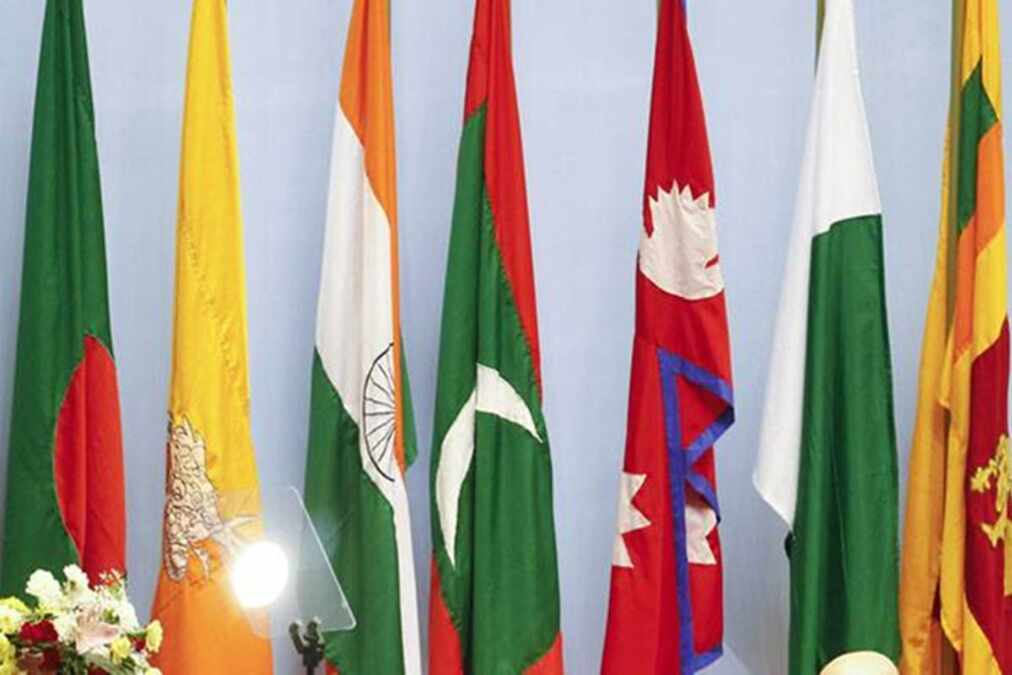Falling short

Pakistan's attempts to be a cheerleader for the new regime in Kabul continue to fail. In the latest, the SAARC foreign ministers' meeting, scheduled to take place on the sidelines of the UN General Assembly session this week, was cancelled over Afghanistan's participation. According to the reports, Pakistan initially proposed that a Taliban representative should join the meeting and was against the participation of a representative from the previous Ashraf Ghani regime. Needless to say, the other SAARC members were not quite so keen to rush into embracing the Taliban with open arms and flatly rejected Pakistan's 'suggestion' with the reason primarily being that the Taliban is not recognised by most governments worldwide nor has it formally approached the UN for diplomatic credentials. This lack of consensus on how to move forward with the issue is what ultimately led to this informal session being cancelled. The fact that Pakistan supports the Taliban is obviously no real surprise. Though it is has made its support official only in recent days after the fall of Kabul, Islamabad's complicity in aiding the Taliban goes back years. In a recent Congressional hearing, US Secretary of State Antony Blinken acknowledged that the US would have to re-think its relationship with Pakistan in light of overwhelming evidence that Pakistan has played a 'dodgy role' in "hedging its bets constantly about the future of Afghanistan". His comments come as a wave of anger and indignation swells in the US regarding the role Pakistan has played in supporting and sheltering the Taliban even as it openly received billions of dollars of aid from the US with some lawmakers calling for severe action against Islamabad. But whether Pakistan has to pay the piper for decades of double-dealing or not is a matter for the future. For now, Pakistan is working hard to prevent its 'triumph' in Afghanistan from turning more into a pyrrhic victory. For now, Pakistan is cautiously celebrating. It has proven itself an able mediator to China and will, hopefully, be given a slice of Afghanistan's riches as CPEC is extended through Afghanistan. It has also, obviously, gained a valuable piece to use in its anti-India campaigns. But at the same time, there is an understanding within the Pakistani leadership that the Taliban is not just a mere pawn. Being in close contact with the Taliban will have its consequences for Pakistan, especially if the Taliban falls back into its extremist habits of old. One clear downside is that the rise of the Taliban could lead to an unchecked radicalisation within Pakistani society. Another is that Pakistan can never clearly tell what side the Taliban actually falls on with the group continuing to affiliate itself with the Tehrik-i-Taliban Pakistan, a terror outfit that has carried out horrific terror strikes in Pakistan while also supporting the Afghan Taliban in its quest to gain control of Afghanistan. Analysts also say that the Taliban itself may not be so inclined to listen to Pakistan considering how unpopular the country is amongst the population of Afghanistan. Given these circumstances, it makes sense that Pakistan wants to continue acting as a bridge between the West and the Taliban. Pakistan wants the West to help in getting the Taliban to behave for its own safety but also wants to overall remain in control of the situation and draw benefits from helping the Taliban gain international recognition. This is why Pakistani PM Imran Khan has appealed to the international community to "incentivise" the Taliban to engage on issues such as women's rights and inclusive governance at a time when it is becoming increasingly clear that the group has little appetite for constructive change from its past. In a testament to how under pressure the Pakistani leadership is, Khan has flip-flopped between blaming the US-withdrawal for the chaos in Afghanistan to more recently praising Biden's decision to leave as a sensible one. In contrast to how frantic Pakistan is, India has taken a stance of keeping watch and not rushing to conclusions. In his address at the Shanghai Cooperation Organisation summit, PM Modi appealed to the global community to not rush into recognising the Taliban. India emphasised that while it supported every effort to sent humanitarian aid to Afghanistan, it was important to only extend a hand of friendship if the Taliban could show commitment to peace and basic human rights. To conclude, Pakistan and for that matter, China too is beginning to realise that 'victory' in Afghanistan is not quite the master-stroke in strategic planning as had been hoped.



